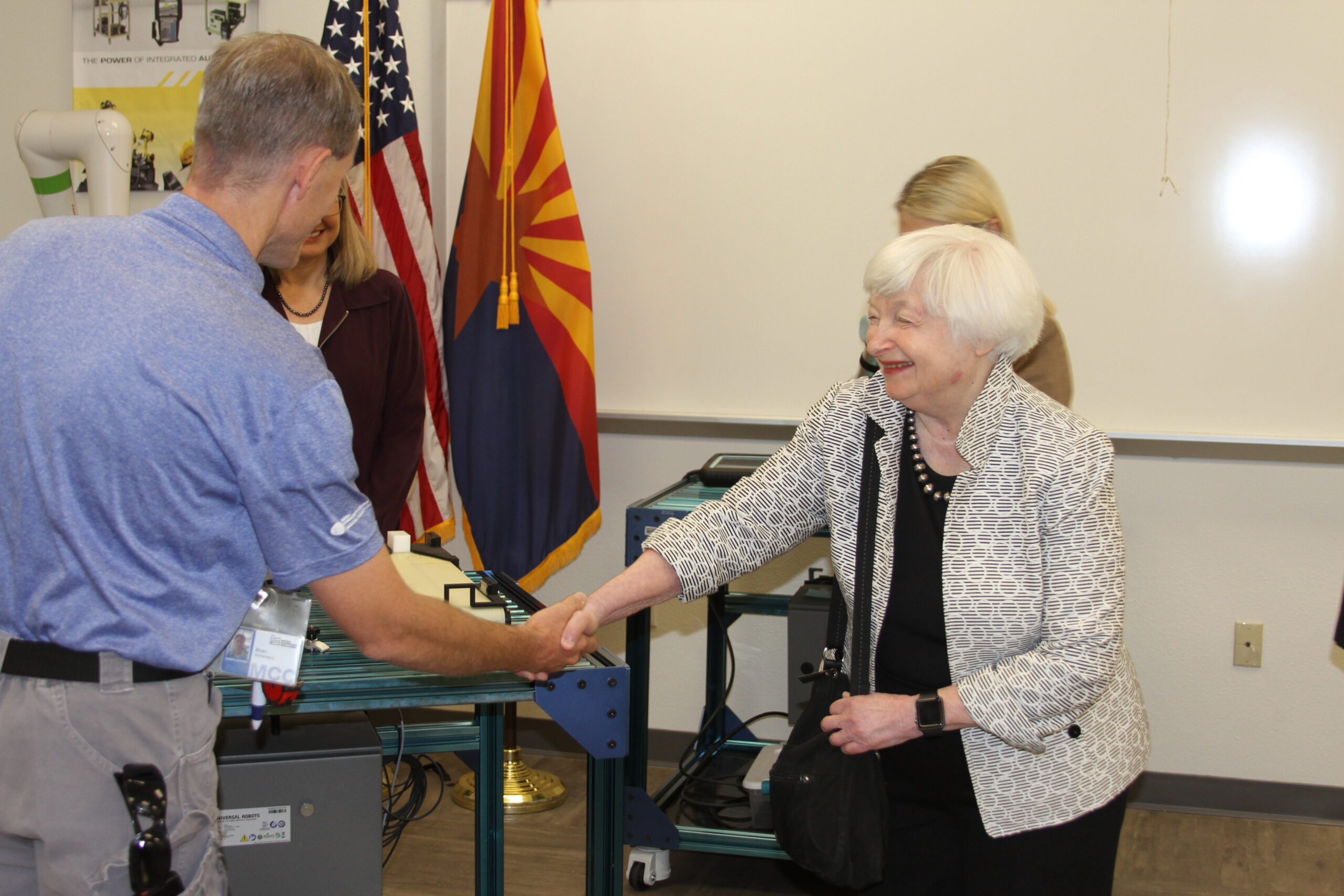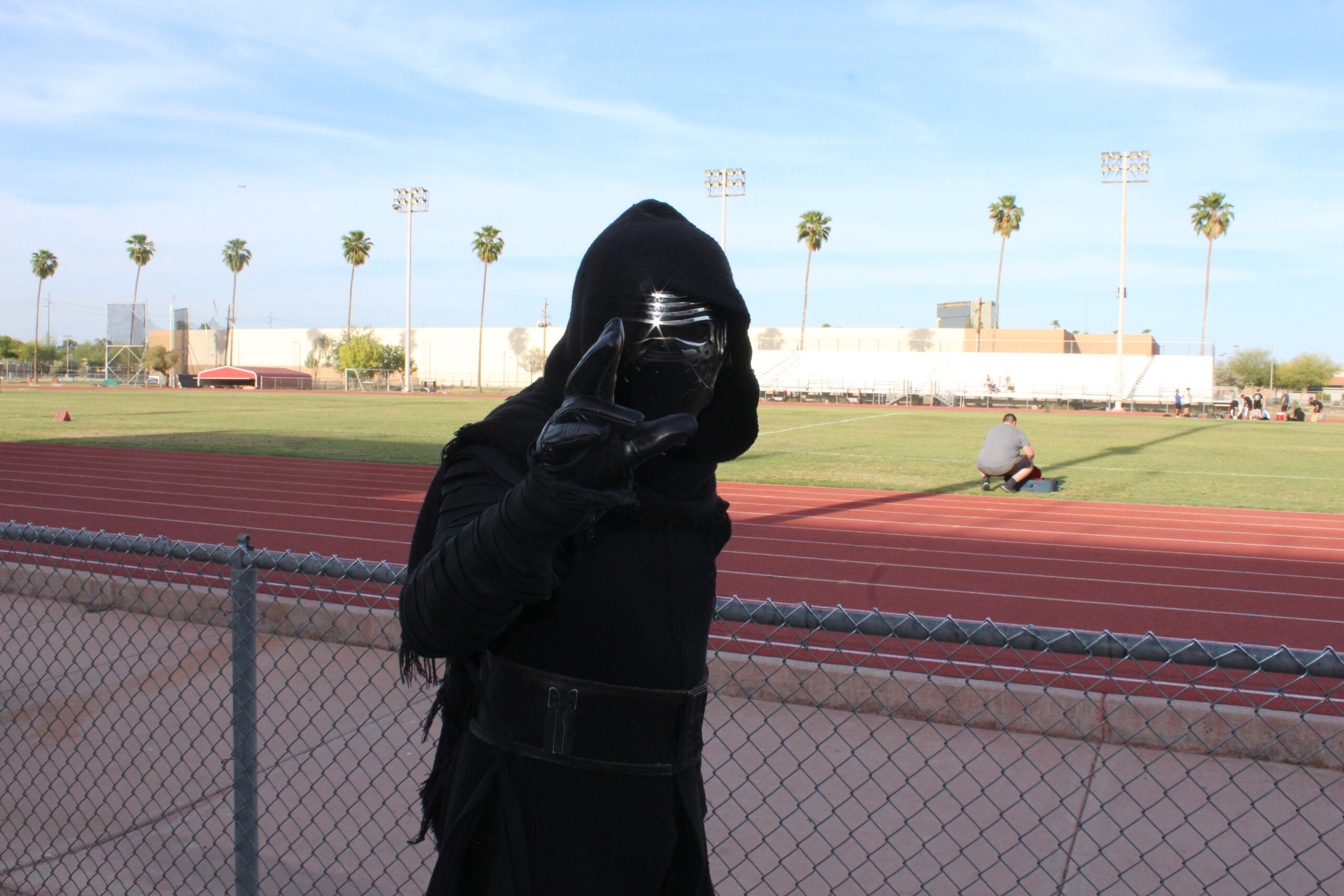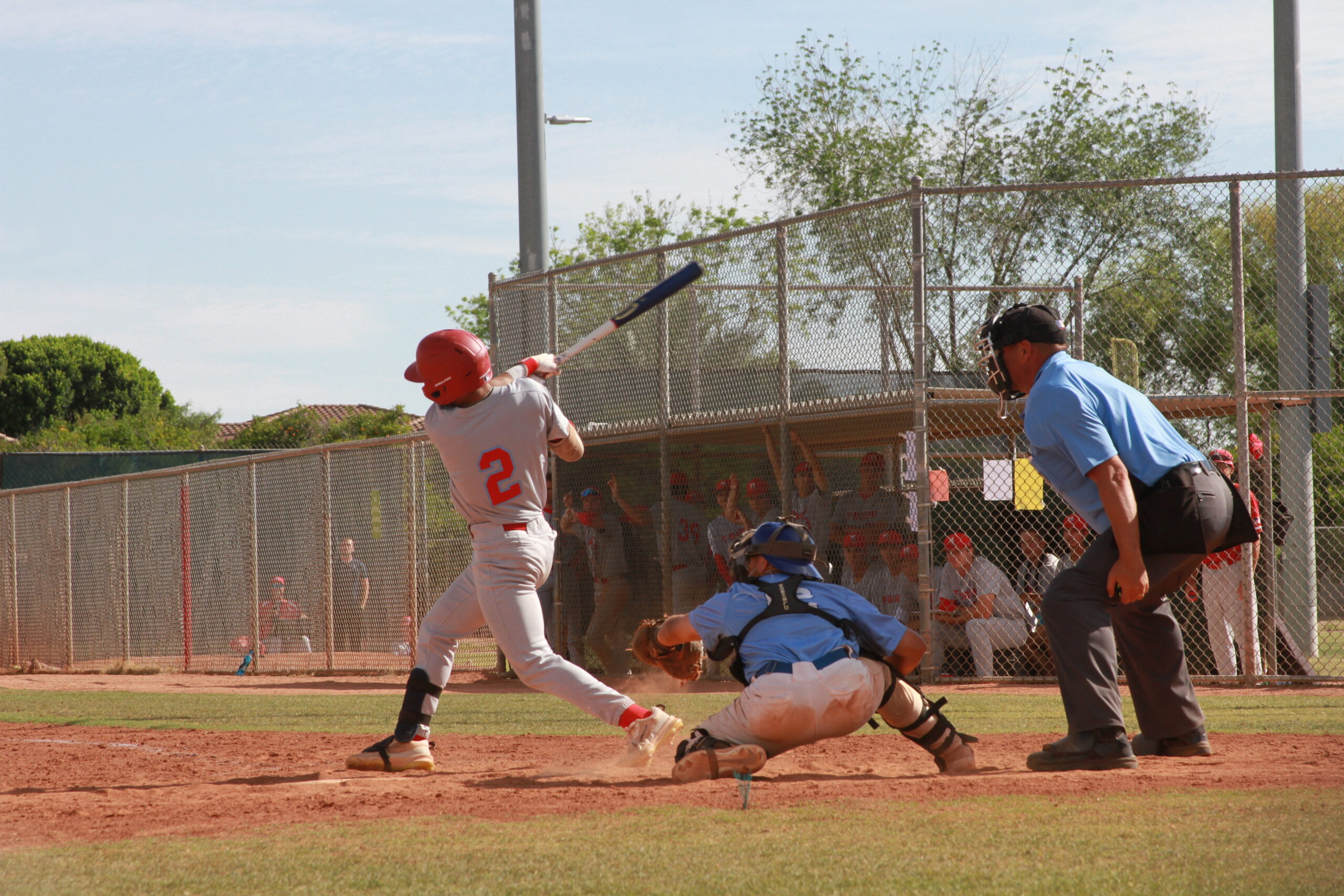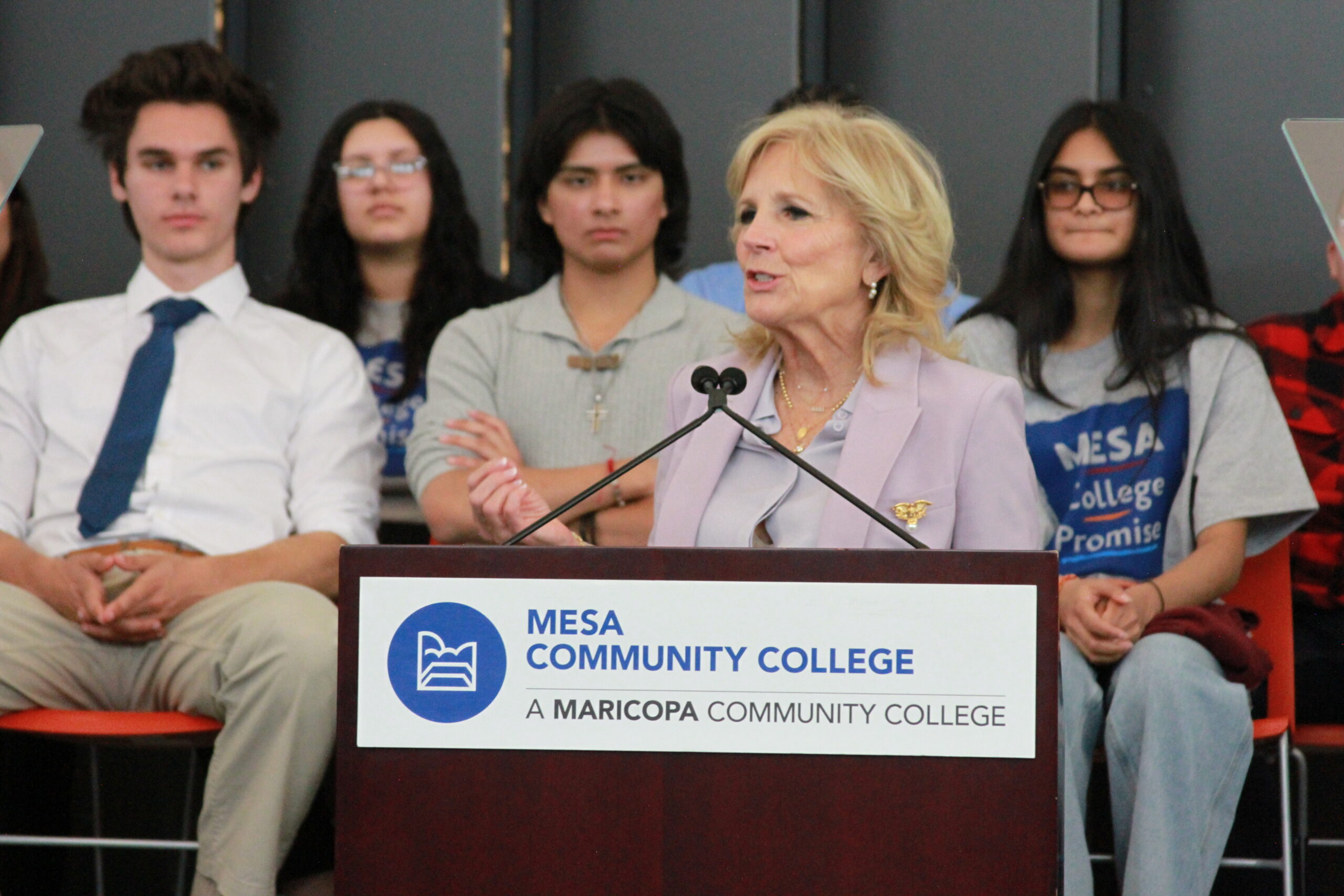SOPA: Government’s attempt to censor Internet
Andrew Wild
The Stop Online Piracy Act, or SOPA, has made many Americans lash out, claiming the bill would allow for government mandated Internet censorship.
All across the various social media sites were people speaking out against the bill, and some websites “blacked out” in protest.
Wikipedia, the free open source online “encyclopedia,” shut down for a day, as did other sites.
The backlash against the bill caused a sharp turnaround by politicians that once supported the bill.
It appears SOPA may be dead in the water, but what exactly was in the bill that made people so upset? One reason that people have protested is that the bill would allow for any website that has copyrighted material posted on it without the copyright holders consent to be taken down.
This includes huge sites like Facebook and Youtube, which could be brought down by one post of copyrighted material by any user.
This would force these websites to police themselves to keep from being shut down, causing huge liability and labor costs for these sites. The result would be many free sites having to charge for service or be shut down.
The bill would also give service providers immunity in blocking innocent sites without any approval from the courts.
This would enable providers to shut down a competitor’s site with claims of piracy, even if none exists.
These are two of the multiple reasons why SOPA has drawn so much criticism from so many places, including the president.
The Obama administration came out in mid-January saying it will not support a bill that “reduces freedom of expression, increases cybersecurity risk, or undermines the dynamic, global internet.”
“It was an effective protest, people were talking about this thing all over,” Brian Dille, Political Science professor at MCC, said.
“There has been a complete turnaround by many politicians, even in Arizona. Congressman Ben Quayle was for the bill, now he’s against it. To get this much turnaround this quickly usually takes millions of dollars,” Dille said.
For now it appears the internet masses have won, but you can bet on supporters of SOPA pushing for more copyright protection in the future. This doesn’t have to be a bad thing, says Dille. “The idea is to stop piracy. There’s got to be a way to shut that down and make that harder without harming free speech or sites like Wikipedia.”









